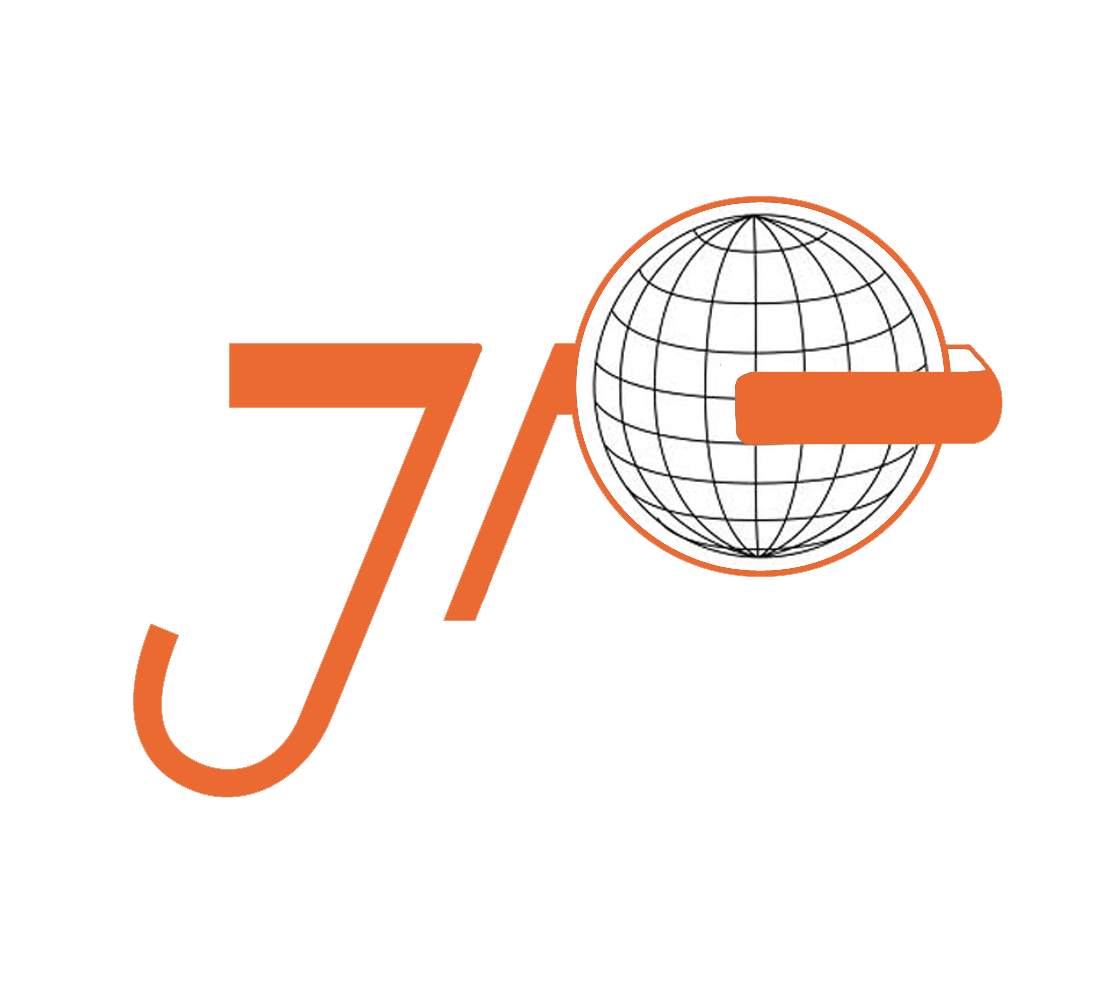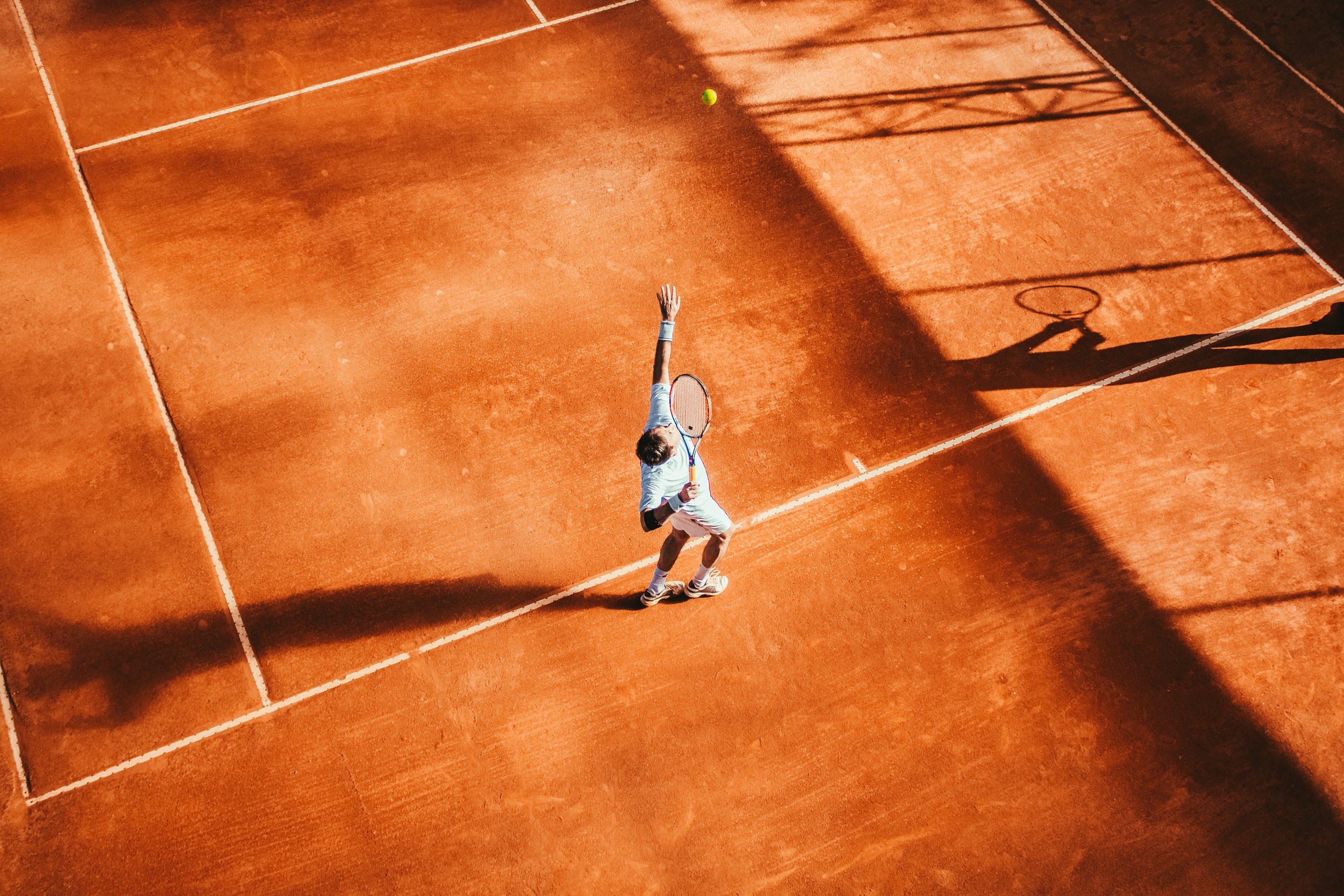
A Brief History of The French Open
There’s more to the story than red courts.
In America, the U.S. Open brings out the best in tennis talent, however we often forget that just 10 years after the first event that across the world, a tournament that holds equal prestige would begin.
The French Open is an annual tennis tournament held over two weeks in May and June. Established in 1891, The French Open has been played since 1928 on outdoor red clay courts at the Stade Roland Garros in Paris, France and is one of the four Grand Slam tournaments played each year.
The first winner of the Championship was the British player H. Briggs who was a member of Club Stade Français which entitled him to compete. French players were dominant in the early stages of the tournament, in particular Max Decugis, who won eight titles before the outbreak of the First World War.[10] Once the open became viable to international challengers in 1925, France's victory in the 1927 Davis Cup increased interest in the tournament and required a new stadium to be built.
Jack Crawford's victory in 1933 was the 1st time a foreign player had won the tournament since 1891. Following his victory, no French players won the title up until 1940, when the tournament was suspended following the outbreak of the WW2, though it was held unofficially under the name: Tournoi de France. Marcel Bernard won the first event after the end of the war in 1946; he was the only Frenchman to win the event before the advent of the Open era in 1968.
No one player dominated the event during this period until in 1968, when professional players were allowed to compete with amateurs as an official “open.” Previously only amateurs could compete in the Grand Slam tournaments.
Australian Ken Rosewall, was the first Grand Slam tournament to be played in the Open era. Michael Chang later became the youngest man to win the French Open when he beat Stefan Edberg in 1989. Prolific tennis phenom, Rafael Nadal won his first open in 2005 and held a streak until 2008. After losing to Robin Söderling in 2009, he regained his title from 2011 - 2014 and was defeated in 2015 by Novak Djokovic.
2005 marked Rafael Nadal's first French Open; he won four consecutive titles from 2005 - 2008. Nadal was beaten in 2009 tournament by Robin Söderling but regained the title in 2010 and defended his crowns in 2011, 2012, 2013, and 2014. In the 2015 event, he was eliminated in the quarter-finals by Novak Djokovic.
As we move into 2019, Nadal plans to continue his streak starting in 2017 to continue building on his 11 championship wins. This year’s French Open will take place May 20–Jun 9, 2019 and can be streamed via the EuroSport website.
We hope you’ve enjoyed A Brief History of The French Open! Are you looking forward to watching the open in its native language this year? Our native instructors and culturally immersive group classes are sure to help you celebrate with every winning announcement! Click below to learn more.
Are The French Religious?
There’s more than meets the eye to the country and its strict separation of church and state.
Religion is often a huge topic of conversation around the world (even among Atheists). Many people prefer to keep such topics to a minimum, but when learning how to speak French it's important to know cultural norms which includes religion. Which religions are popular? Are most people in France Catholic? Jewish? Muslim? Where are the most popular mosques, cathedrals, and synagogues to visit? Is there a large percentage of atheists in France? Have no fear, we are here to shed some light on the subject with Are The French Religious? We hope you enjoy!
It may come as no shock that the majority of religious people in France consider themselves to be Christian (45% of the population). A tourist visiting France for the first time would quickly come to this realization through evidence in the many cathedrals that grace the landscape across the county. However, many French citizens in modern society are not big on practicing any particular religion and have a difficult time identifying what religious group they belong to. This confusion stems from the tradition of being baptized at birth in a Catholic Church, but not practicing Catholic traditions beyond that. If you were to ask a French person today what religion they are, a common response might be 'Christian, but my family never goes to church.' In fact, a solid number of those (who were baptized at birth) might consider themselves today to be Atheist or Agnostic. To understand the demographics of religions in France, one major consideration comes to the surface. Due to a law from 1872, any performed census in the French Republic is not allowed to distinguish citizens based on their race or beliefs. However, that law does not pertain to polls and surveys (which are free to included those questions if they wish). That said, we rely on 'polls' and 'surveys' to collect the data about religious demographics. IPSOS Mori (one of the largest research companies in the world), conducted a survey from 2011 which helps us better understand some of the religions groupings in France.
If we look at the numbers - 45% of French people consider themselves to be Christians (almost all Roman Catholic), 35% consider themselves Atheist or Agnostic, 3% Muslim, 1% Buddhist, 1% Jewish, 5% adhere to unspecified other religions, and 10% did not give an answer to the question. This means that Catholicism still hails as the most popular religion in France. However, according to a 2009 study from the French Institute of Public Opinion (IFOP), only 4.5% of self-declared Catholics go to church each week. This shows that France, in general, does not have a huge number of practicing religious members who attend religious ceremonies on a weekly basis.
One possible conclusion regarding the lack of attendance in the religious settings might be based on the French principal of Laïcité (the absence of religion in political affairs - especially regarding the creation of government policies). The country as a whole welcomes religious freedom and, since the 1789 Revolution (which broke the Roman Catholic church away as a claimed 'state religion'), the French culture hasn't been infusing religion into its weekly traditions as much. Overall, in modern French culture religion isn't a major focus and the country is considered to be one of the more secular ones in the world.
Regardless of the numbers, religious structures can be seen all over France. Check out a few of my favorites below.
Grande Synagogue de la Victoire - Image: Ed Alcock for the New York Times
Located in Paris, this building began construction in 1867 and contains a wonderful number of details including a series of 12 stained glass windows representing the Tribes of Israel.
Synagogue Notre Dame de Nazareth - Image: capteurdmotion.com
Located in Paris, this building is the oldest of the 'great' synagogues of Paris.
Saint Etienne Cathedral - Image: commons.wikimedia.org
Located in Bourges, France, this Roman Catholic cathedral was built to honor Saint Stephen.
Cathedral Notre-Dame, Rouen - Image: theluxurytravelexpert.com
Located in Rouen, the gothic style cathedral was destroyed during a Vikings invasion in 841. After continuous rebuilding and updating, its 19th century cast iron spire is that tallest in France.
Grand Mosquée de Paris - Image: huffingtonpost.fr
Located in the center of Paris, visitors are welcome to visit (not allowed in the practice area) and can eat at the connected arab restaurant.
Grande Mosquée de Lyon - Image: lyon-france.com
France's sixth largest mosque, which houses cultural facilities, a library, and a school.
Saint Pierre aux Nonnains Basilica - Image: aladecouvertedenotrepatrimoine.blogspot.com
One of the oldest churches in all of Europe, this basilica in Metz, France was originally built as a Roman gymnasium in 380 AD, then converted to a church in the 7th Century. It later became a warehouse and, in 1970, was transformed into a concert hall and exhibition space.
To answer the question Are The French Religious? Yes. Overall, the majority of citizens believe in some form of higher power, but choose not to practice through an organized religion on a consistent or weekly basis. Many holidays and traditions continue to be based on religious calendars such as Fête de Noël (Christmas) and Fête de Hanoucca (Chanukah). These celebrations make for great visits to France which often include festivals, gatherings, and plenty of cultural food and drink.
I hope you enjoyed this post! To learn more about French language and culture, visit www.jplinguistics.com and sign up for one our French Group Classes or Private Lessons. Also, don't forget to tell your francophone friends about our blog by using #jplingo @jplinguistics.
(Source information from above: wikipedia.org 'Religion in France')












